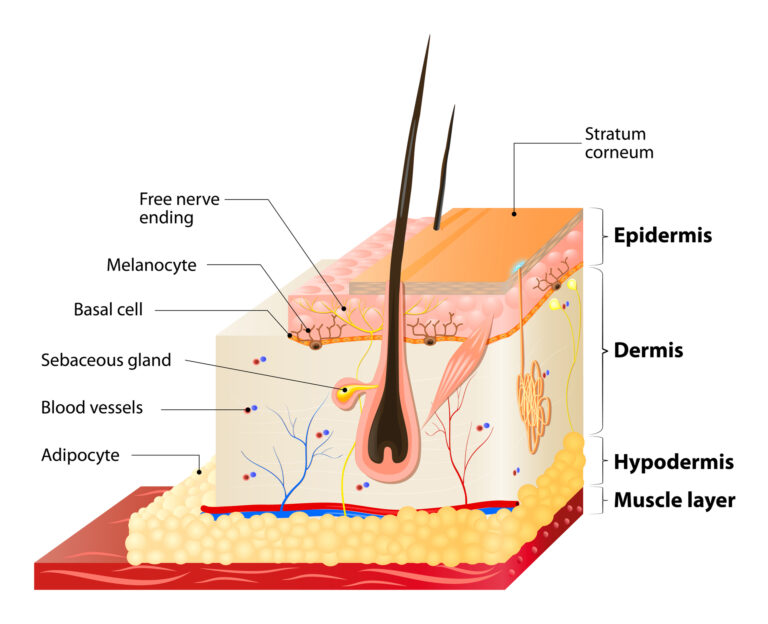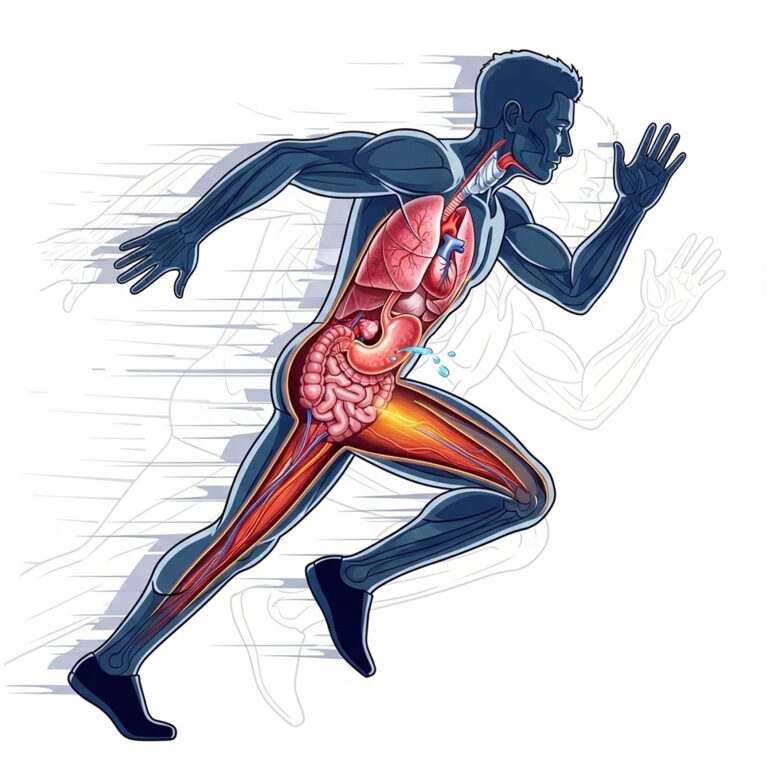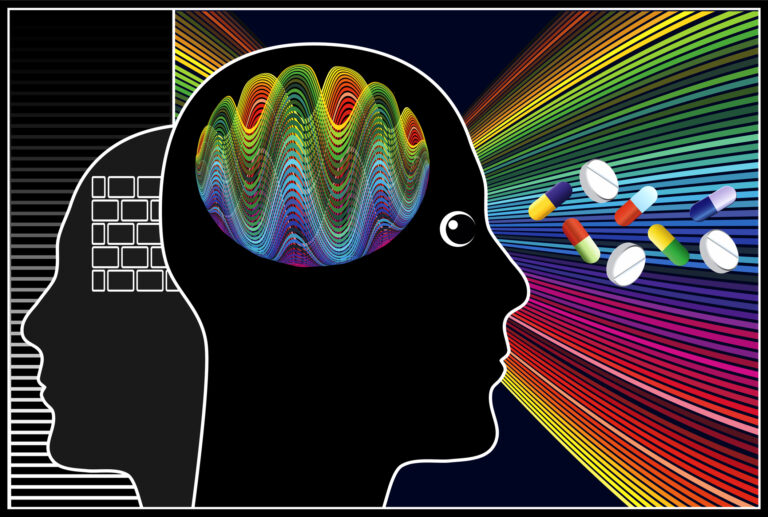Health and Wellbeing
Health and wellbeing are intricately connected concepts that encompass far more than just the absence of illness. True health involves striking a balance between physical fitness, mental resilience, emotional stability, and a sense of purpose. Wellbeing, on the other hand, relates to feeling content, fulfilled, and at ease within one’s life. Both are influenced by an array of factors, including genetics, lifestyle choices, social connections, and the environment. Understanding these elements enables individuals to make informed decisions that ultimately improve their overall quality of life.
One key component of health and wellbeing is physical fitness. Regular exercise not only helps maintain a healthy weight but also bolsters cardiovascular health, strengthens muscles, and improves flexibility. Activities such as walking, cycling, yoga, and swimming offer diverse benefits, ensuring that people of all ages and abilities can find something suited to their interests. Eating a varied, balanced diet rich in fruits, vegetables, whole grains, and lean proteins provides the body with essential nutrients. When combined with proper hydration and sufficient sleep, it lays a strong foundation for long-term wellbeing.
Mental health is equally significant. Stress, anxiety, and low mood can arise from challenging circumstances or relationships, in spite of efforts to remain positive. It is critical to acknowledge these difficulties, seek support, and develop coping strategies. Techniques like mindfulness, meditation, journaling, or speaking to a trusted friend or professional can help in managing negative thoughts and emotions. Furthermore, building healthy relationships and engaging in enjoyable activities can foster a sense of belonging and security, thereby enhancing mental resilience.
Social wellbeing is also an important aspect to consider. Humans are inherently social creatures who thrive when supported by their communities. This sense of connection can stem from family ties, friendships, colleagues, or membership in clubs and organisations. Encouraging open communication, empathy, and mutual understanding helps to create environments in which individuals feel valued and heard. By cultivating respectful relationships, people can bolster their self-confidence and reinforce a sense of purpose.
Environmental factors must not be overlooked. Clean air, safe drinking water, and access to green spaces all influence both physical and mental wellbeing. Spending time outdoors, feeling the warmth of the sun, and observing the beauty of nature can provide a restorative effect on the mind and body. Caring for the environment through recycling, reducing waste, and conserving energy helps protect natural resources and maintain a positive setting for current and future generations.
Ultimately, health and wellbeing are not static states but evolving processes that require attention, effort, and adaptation. By acknowledging the multifaceted nature of wellbeing and making conscious choices to prioritise it, individuals can create meaningful, healthy, and fulfilling lives.
home » Health and Wellbeing































